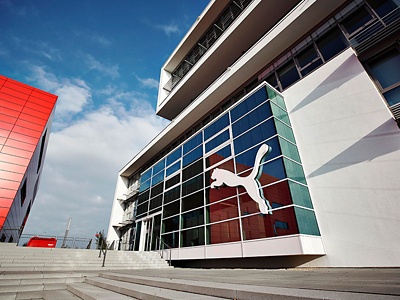PUMA is a German company specialising in the manufacture of apparel, footwear, and sports accessories. For 70 years, PUMA has been at the forefront of sport and culture in Europe, creating products for the world’s leading sports stars, including Pelé, Maradona, Tommie Smith, Boris Becker, and Lothar Matthaeus.
Headquartered in the Bavarian region of Herzogenaurach, PUMA has more than 12,000 employees globally. Although agility and speed is central to the company’s DNA, PUMA has challenges similar to other multinational organisations. Namely, the pressures of managing a global workforce while trying to maintain the company’s brand values and culture. PUMA recognised the need to transform the way they manage HR, and embarked on a transformation programme to change the way the business manages its people.
“Digital transformation, like the transformation of human resources, is a buzzword, misused by many. At PUMA the intention was quite simply to bring the business units closer together,” explained Dietmar Knoess, global director of human resources and central services at PUMA. “Transformation should always have a clear objective and not be carried out for its own sake. For us, we wanted to be better partners with our colleagues across the business.”
With multiple ageing HR systems, PUMA wanted to simplify HR processes, standardise tools, and create a platform for more agile decision making. Knoess, with experience in companies including Wella, Hugo Boss, and IBM, found the tool he was looking for—Workday Human Capital Management.
“We knew we wanted to replace the old tool with a new system. Our intention was not to use technology to replace staff, but to change our current human resources management environment for an innovative, and at the same time more economical, tool,” Knoess said. “The business case was to replace the current global landscape of HRIS with an innovative system with the same or lower operating cost. Workday ticked all of the boxes for us.”







